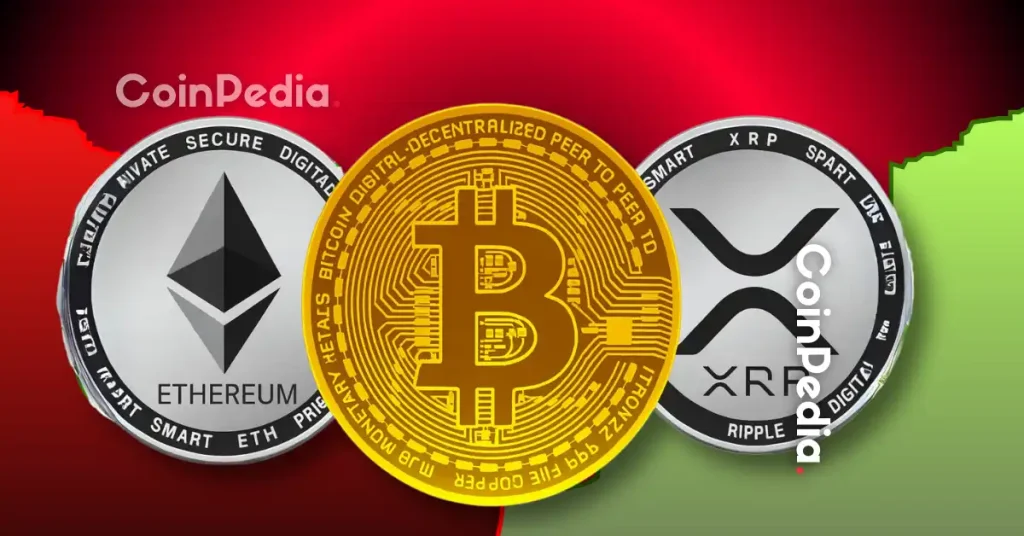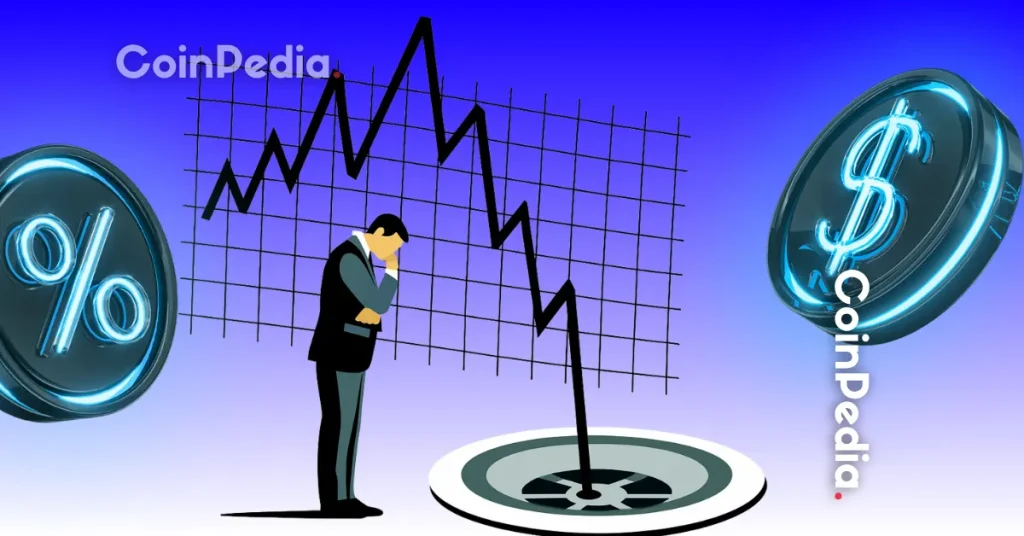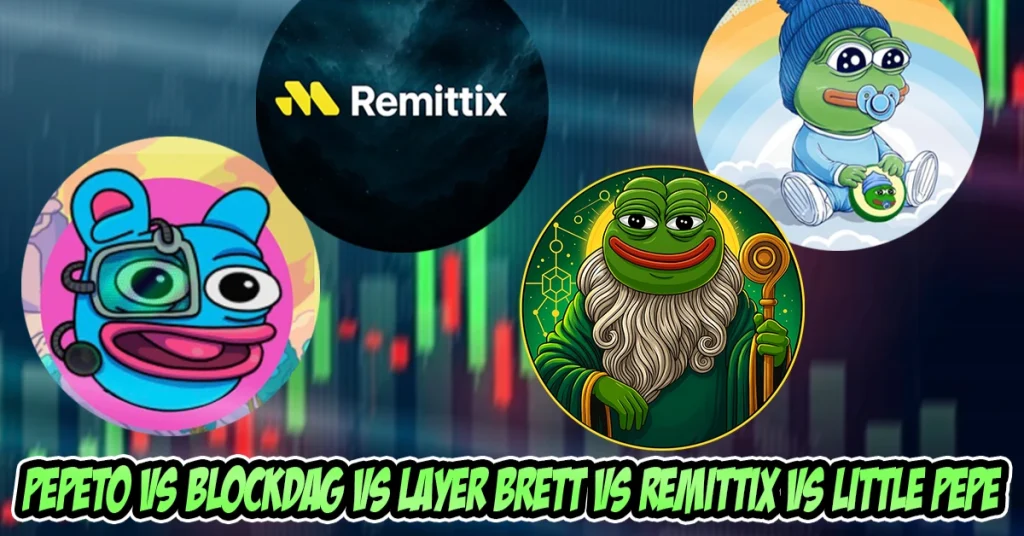
The Hinman Papers have finally been released. Some believe the documents will play a key role in the legal battle between the U.S. Securities and Exchange Commission (SEC) and Ripple. Ripple is being sued by the SEC for illegally selling $1.3 billion worth of XRP (XRP). The SEC considers XRP to be a “securities.”
Meaning of “Hinman Papers”
Ripple has fought hard to get the Hillman documents to court, which purportedly show that the SEC is unfairly targeting the company. CEO Brad Garlinghouse said the reveal was “worth the wait.”
While not everyone is convinced that the public documents have proven Ripple’s claims, hundreds of internal messages from SEC leadership indicate that the SEC is considering a cryptocurrency that was born after Bitcoin (BTC). It shows that they never had a clear policy on whether or how to regulate.
It all started back in 2018, when William Hinman, then SEC director of corporate finance, spoke at the Yahoo Summit, saying that Ethereum (ETH) had been “well decentralized” since the beginning of the network. He made a speech stating that it should not be classified as a security.
Even if Ethereum was a security when it was released (which the SEC said was very likely given how the token sale was conducted), things could change as blockchain networks evolve.
Related article: XRP temporarily rises after former SEC director’s email disclosure
Ripple’s aim
The speech was based on Hinman’s understanding of the Ethereum blockchain at the time, and although Ripple claims that XRP is not a security, the company did not specifically refer to Hinman’s thinking. Rather than arguing for the same reason that XRP has become “decentralized” over time, Ripple is trying to argue that Hinman’s thinking is not based on a correct understanding of federal securities law.
In other words, Ripple fought to get these documents published on the grounds that they were the source of subsequent inconsistencies and inconsistencies. Garlinghouse said Hinman’s speech was “definitely unacceptable” despite the lack of consensus within the SEC, adding that it was “deliberately confusing.” .
This supports the company’s claim that the SEC sued Ripple and its executives without a clear legal basis, the people said. Ripple also cites procedural issues with the SEC’s failure to give “fair notice” of potential securities law violations.
SEC Past and Current Stance
The SEC has been fighting for months to avoid releasing the Hinman documents. He maintains that his statements are his own, do not represent the views of the SEC, and have nothing to do with the trial.
Indeed, internal SEC communications about Mr. Hinman’s speech (such as the feedback he sought from his colleagues before his speech) indicate that many SEC officials were in line, but the result was that the speech was the voice of everyone. cannot be said to have represented
For example, then-director of trading and markets at the SEC, Brett Redfearn, said, “If you want to assert that Ethereum is not a security, the language should be stronger (i.e., say so).” ing.
Alternatively, another noted that Hinman’s speech could be a drag on the SEC “if they want to take a different stance on Ethereum in the future.” But Gensler, who now heads the SEC, doesn’t seem to care about those allegations. Gensler seems to have no interest in contradicting his own views.
It’s probably the norm in the SEC. The judge said it would be immoral for the SEC to keep the documents out of court.
In addition, one of Ripple’s key allegations, according to emails between Hinman and the SEC’s Ethics Division, involved a law firm that Hinman was affiliated with at the time of the Enterprise Ethereum Alliance, suggesting that Hinman’s The speech contained a clear conflict of interest.
Ripple’s claims
Ripple makes several claims about XRP. First, the company has said for years that it did not create the network or the token. But it is the top developer on the chain, and probably the organization that will benefit most substantially from the spread of XRP.
Additionally, and perhaps confusingly, the company claims that XRP is a commodity and, like Bitcoin (BTC) and Ethereum (ETH), a type of resource with trading value for a wide variety of investors, developers, and businesses. ing.
The idea that the XRP network has become decentralized over time has several advantages. As with any public blockchain, anyone can build on XRP and move assets around the network.
In late 2013, Ripple released the program in its entirety, theoretically providing the necessary tools to maintain the network without the involvement of any particular party. Companies like MoneyGram are using the network for some cross-border transactions.
The culprit of evil?
But for many outside of the “XRP Army,” Ripple was something of a villain for the blockchain industry. This is likely due to the company’s token distribution plan, which is exactly what the SEC has questioned.
As with several current projects, Ripple has decided to manage the upcoming 100 billion XRP and distribute it to the community, early investors and company founders.
And, as the company may object, Ripple as a network hasn’t really been decentralized since its inception. For years, all Ripple clients were set by default to trust only Ripple’s validating nodes.
It is very different from the Bitcoin and Ethereum blockchains, whose raison d’etre is “trustless transactions.” In other words, if Ripple controls the validators, it can basically control the XRP ledger.
how the court goes
Here’s what the SEC pointed out in its lawsuit. “During the process of achieving consensus in the XRP Ledger, each server on the network evaluates proposed transactions from a subset of trusted servers, also known as the server’s UNL,” the SEC said in its Unique Node Lists. (UNL), a mechanism that allows you to control who can participate in the blockchain consensus mechanism. In fact, most users are using the XRP Foundation’s dUNL (the ‘d’ stands for default).
Such technical details are rarely discussed in Ripple’s lawsuits. In fact, most of the discussion seems to be rooted in a complete misunderstanding of the company’s strategy.
The Ripple case is arguably important to the future of the blockchain industry. In 2020, when the SEC first claimed that tokens were “securities,” American exchanges such as Coinbase had a huge impact, delisting XRP.
Specifically, the lawsuit is concerned with the legal interpretation that crypto assets meet the SEC’s “Howie test” (a test to check whether something is a security).
Ripple has denied the SEC’s allegations that XRP is a security, saying there are no “investment contracts” and XRP has many things in common with commodities such as diamonds, gold, soybeans, and automobiles.
In short, Ripple fears whether the SEC claims are true or false. But I don’t care about decentralization at all.
|Translation: coindesk JAPAN
|Editing: Takayuki Masuda
| Image: Brad Garlinghouse CEO (CoinDesk)
|Original: Ripple Does Not Care Whether XRP Is ‘Sufficiently Decentralized’
The post Attention to the release of “Hinman Documents” ─ SEC vs Ripple’s trial | CoinDesk JAPAN appeared first on Our Bitcoin News.

 2 years ago
84
2 years ago
84














 English (US) ·
English (US) ·